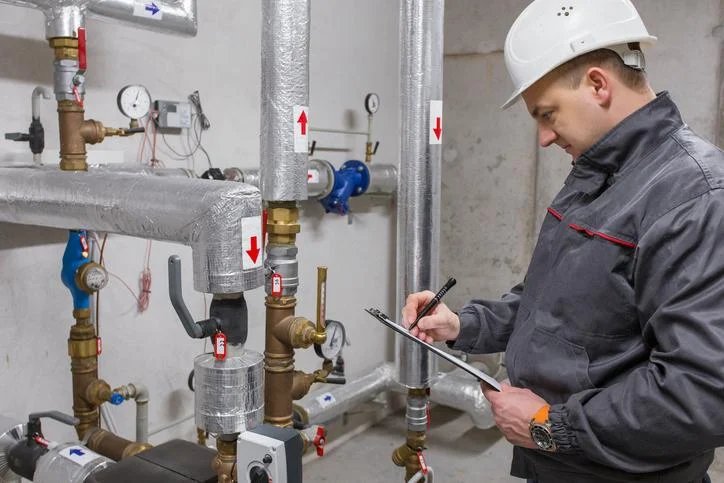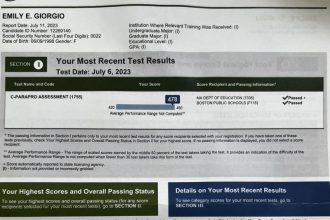A plumbing engineer is a vital professional behind the scenes of our daily lives. They combine expertise in plumbing systems with engineering principles to design and oversee the installation of water supply and drainage systems in buildings. These skilled individuals ensure our homes, offices, and public spaces have safe and efficient plumbing systems that meet regulations and standards. From high-rise buildings to residential homes, a plumbing engineer’s work plays a crucial role in maintaining our modern way of life.
What is a Plumbing Engineer?
Do you ever wonder about the magic behind having clean water flowing from your tap or hot water to take a relaxing shower? That’s where a plumbing engineer comes in! Let’s dive into the fascinating world of plumbing engineering and uncover what they do to ensure our homes and buildings have efficient and reliable water systems.
The Role of a Plumbing Engineer
Plumbing engineers are the experts responsible for designing, installing, and maintaining the plumbing systems that bring water in and out of our homes, offices, schools, and other buildings. They are like the architects of water systems, making sure everything runs smoothly behind the scenes.
Designing Plumbing Systems
One of the main tasks of a plumbing engineer is to design the layout of pipes, fixtures, and fittings that make up a building’s plumbing system. They consider factors such as water pressure, flow rates, and building codes to create safe and efficient designs.
When designing a plumbing system, engineers have to think about where the pipes will run, how to prevent leaks and clogs, and how to ensure there is enough water for all the building’s needs. It’s a bit like solving a puzzle to make sure everything fits together perfectly!
Installing Plumbing Systems
Once the design is finalized, plumbing engineers work with plumbers and construction teams to install the plumbing system. This involves laying pipes, connecting fixtures like sinks and toilets, and testing the system to make sure everything works as intended.
Installing a plumbing system requires precise measurements and careful planning to avoid any issues down the line. Plumbing engineers oversee the installation process to ensure everything meets the design specifications and building codes.
Maintaining Plumbing Systems
After the plumbing system is up and running, plumbing engineers are still involved in its maintenance. They conduct regular inspections, perform repairs when needed, and make adjustments to improve efficiency.
By keeping an eye on the plumbing system, engineers can address any issues before they become major problems. This proactive approach helps to prevent water leaks, bursts, or other plumbing emergencies that could disrupt daily life.
Skills and Expertise
Being a plumbing engineer requires a unique set of skills and expertise. Here are some of the qualities that make a great plumbing engineer:
Technical Knowledge
Plumbing engineers need to have a deep understanding of how water systems work, including knowledge of pipes, fittings, fixtures, and drainage systems. They also need to stay updated on the latest technology and regulations in the plumbing industry.
Problem-Solving Skills
When designing and maintaining plumbing systems, engineers often encounter complex problems that require creative solutions. Being able to think on their feet and troubleshoot effectively is a crucial skill for plumbing engineers.
Attention to Detail
From designing intricate pipe layouts to inspecting tiny fittings, plumbing engineers need to pay close attention to detail to ensure everything is done correctly. Even a small mistake in the design or installation can lead to big issues later on.
Communication Skills
Plumbing engineers work closely with architects, contractors, and other professionals in the construction industry. Strong communication skills are essential for conveying ideas, coordinating tasks, and ensuring everyone is on the same page.
Importance of Plumbing Engineers
Plumbing engineers play a vital role in ensuring our buildings have safe and reliable water systems. Without their expertise, we wouldn’t have access to clean water for drinking, cooking, bathing, and other essential daily activities.
Whether you’re in a cozy home, a bustling office, or a busy school, plumbing engineers work behind the scenes to keep the water flowing smoothly. Next time you turn on the tap or flush the toilet, take a moment to appreciate the work of these unsung heroes of the plumbing world!
Now that you know more about what a plumbing engineer does, you can better understand and appreciate the importance of their work in our daily lives.
Stay curious and keep exploring the amazing world of plumbing engineering!
Things to Know BEFORE You Begin Your Plumbing Apprenticeship
Frequently Asked Questions
What services does a plumbing engineer provide?
A plumbing engineer specializes in designing and overseeing the installation of plumbing systems in various buildings. They are responsible for ensuring water supply, drainage, and gas systems work efficiently and safely. Additionally, they may work on projects ranging from residential homes to commercial buildings.
How does a plumbing engineer differ from a regular plumber?
A plumbing engineer holds a higher level of expertise and education compared to a standard plumber. While a plumber mainly focuses on repairs and maintenance, a plumbing engineer is involved in the design, planning, and implementation of complex plumbing systems in new constructions or major renovations.
What qualifications are required to become a plumbing engineer?
To become a plumbing engineer, one typically needs a bachelor’s degree in mechanical engineering or a related field with a focus on plumbing systems. Additionally, gaining practical experience through internships or entry-level positions can be beneficial. Some states may also require licensing or certification for practicing as a plumbing engineer.
Final Thoughts
In conclusion, a plumbing engineer plays a crucial role in designing, implementing, and maintaining plumbing systems. They are experts in creating efficient and safe water supply and drainage networks. Plumbing engineers collaborate with architects and construction teams to ensure buildings meet plumbing codes and regulations. Overall, a plumbing engineer is a highly skilled professional essential for the successful functioning of any building’s plumbing infrastructure.






